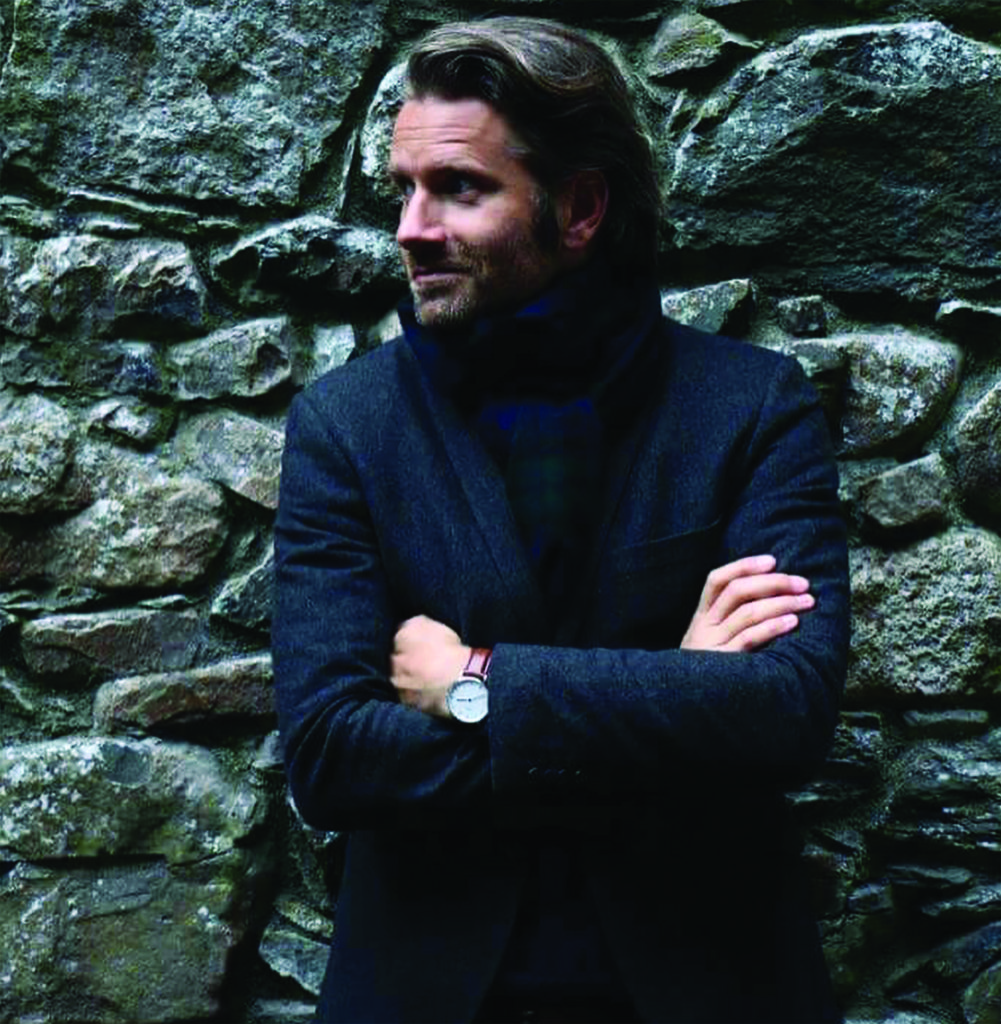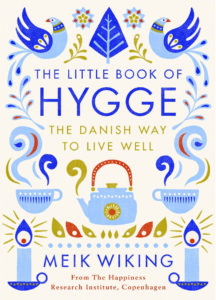
CRISTINA CUOMO: How do you measure happiness?
MEIK WIKING: First, we look at overall life satisfaction and how happy we are with our lives as a whole, how satisfied; second, the kind of emotions we experience on a day-to-day basis. And third, we look at Aristotle’s perception of “the good life,” a meaningful life.
CC: What is being worked on at The Happiness Research Institute? Any recent findings or patterns to consider?
MW: One of the latest things the Happiness Research Institute has done is launch a study where we have turned a company into a happiness lab. They have 200 employees in Copenhagen, and we will be following them over the next year, trying different interventions to see if we can improve job and life satisfaction levels.
CC: Explain some of the services the Institute provides.
MW: All of our work at the Insitute is about either trying to understand how we can measure happiness or why some are less happy than others. Most importantly, we look at how we can improve quality of life, whether that’s in the work environment, at the city level, or the national level. What kind of policies will create good conditions for good lives?
CC: How significant do you think these high-profile suicides are affecting the general public? This was a very intense spring.
MW: There are spikes around high-profile suicides, although when Kurt Cobain killed himself, we thought that would create a spike in suicide in the public, but it didn’t. And yes, usually spring is—at least in Denmark, but probably also in the U.S.—peak season for suicide. I think it has to do with a lot of people feeling, during the dark, cold winter months, “I am depressed, but once spring arrives, I will be happy again.” It’s a seasonal effect. Then spring finally arrives and they’re still unhappy.
CC: What are your thoughts on the phrase “happiness is a choice”?
MW: I don’t think it’s that simple. Saying happiness is a choice, is as true or false as the idea that health is a choice. Yes, you can do some things to improve your health, but you are also born with a certain genetic profile that makes you prone to some diseases more than others. It’s the same with happiness. Also, the country we live in impacts our happiness levels. It would be very difficult to go to Syria right now and say happiness is a choice.
CC: What is one thing you do every day to maintain your own happiness?
MW: I walk a lot. I try to get a lot of micro-exercise on a daily basis, especially because I travel so much. I try to prioritize my relationships, because we can see that pattern is so strong in happiness research.

CC: What are some of the Danish secrets to happy living?
MW: I think one of them is hygge, which is this sense of togetherness and pursuit of simple pleasures on a daily basis. Another one is exercise, in our daily routine through our commute. The majority of people in Copenhagen cycle to work. We get a lot of exercise through that routine, and it keeps us relatively happy.





